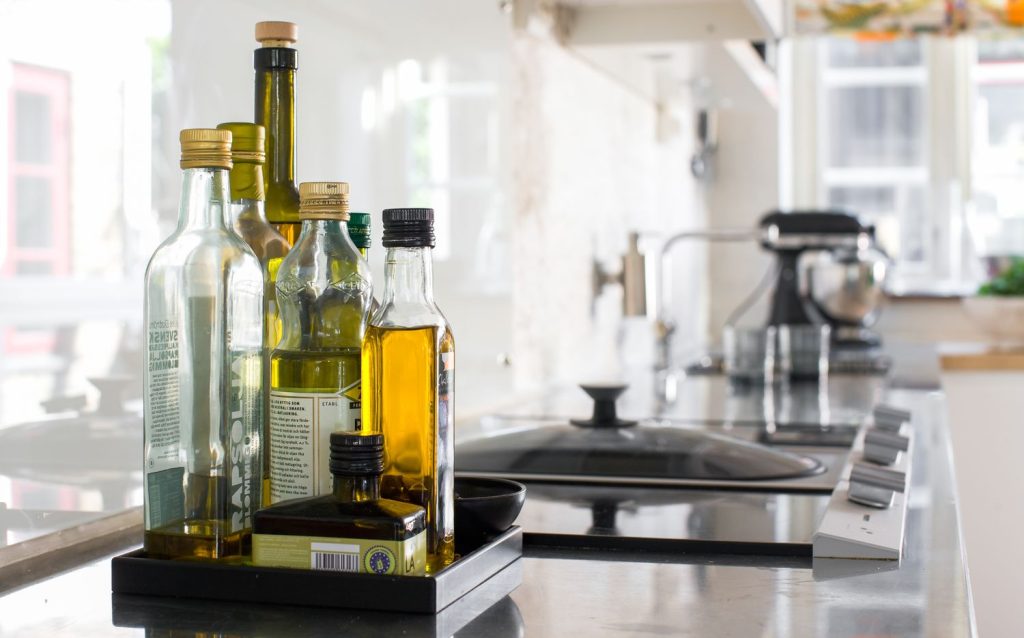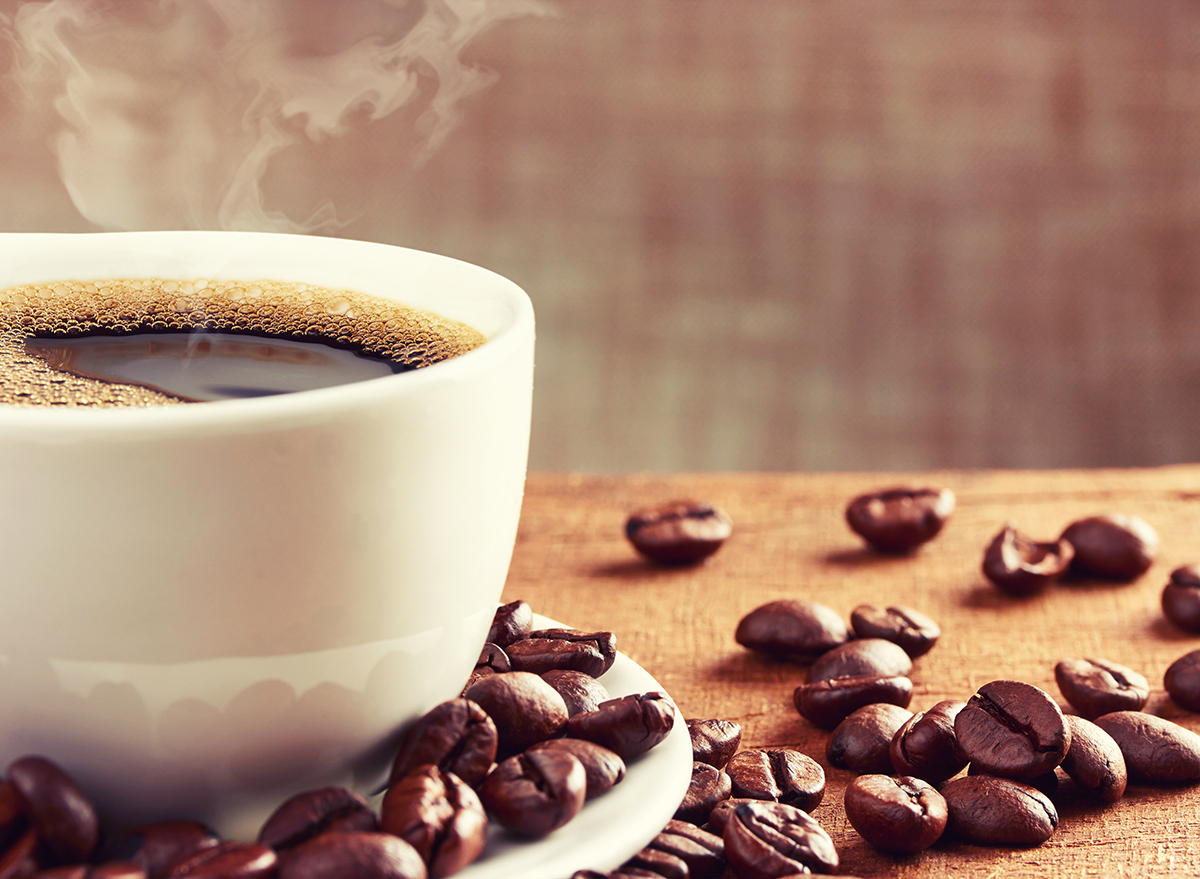10 foods that remain better outside the fridge
Did you know what common ingredients such as onion, garlic and apples can see their texture and taste affected if you keep them in the refrigerator?
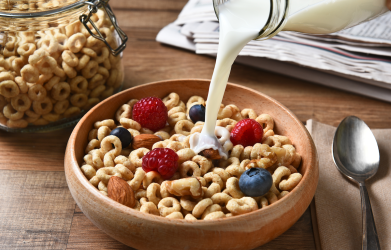
After thousands of years of using techniques such as dried or salting to conserve food or, depending on the place, save them in snow -filled containers, the inventors of the late nineteenth century took the first steps for the creation of refrigerators (also known as refrigerators), until approximately in 1920 their production in series was massified. Since then, our life has been very simplified, but did you know that there are several foods that we used to keep in the fridge and that, in reality, they should not go there? These are 10 of them.
Onions
Onion cultivation is done in temperate and warm climates, with little humidity. Therefore, it is practically against their nature to keep them in the refrigerator, where they are more likely to get mold faster. Ideally, stores in a dry and fresh place, away from sunlight, such as the cupboard or an isolated drawer (do not keep them together with the potatoes). Once chopped, you can keep whatever left over a hermetic container in the fridge, but make sure you consume it soon.
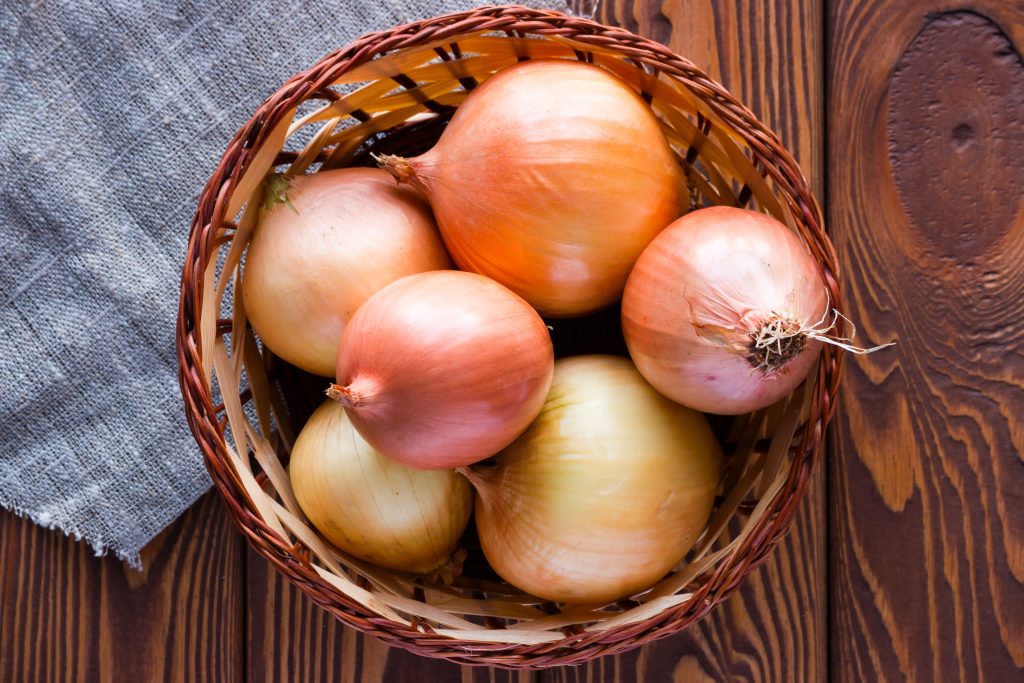
Potatoes
The best way to save the potatoes is in a paper bag or jute, at room temperature and in a dry place and away from sunlight, and never next to onions. In this way, its texture and flavor are better preserved. When you keep them in the fridge, the temperature affects the starch they contain, which makes them change the taste (they become a little sweeter), but also change the texture (they become "sandy").
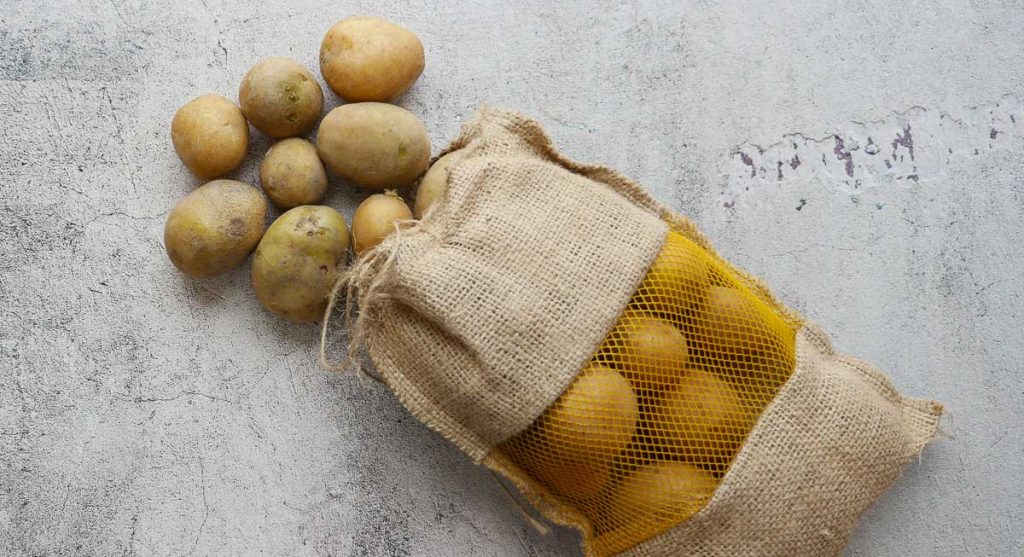
Chocolate
If where you live the ambient temperature does not pass from the 30 degrees Celsius, there is no need to save chocolate tablets in the fridge. In fact, it is not recommended, because the cold alters and crystallizes the structure of cocoa butter, which is the raw material of chocolate. This phenomenon can cause changes in texture and taste, because this food tends to absorb odors. The ideal is to save it in a cool and dry place, away from sunlight and the heat of the stove.
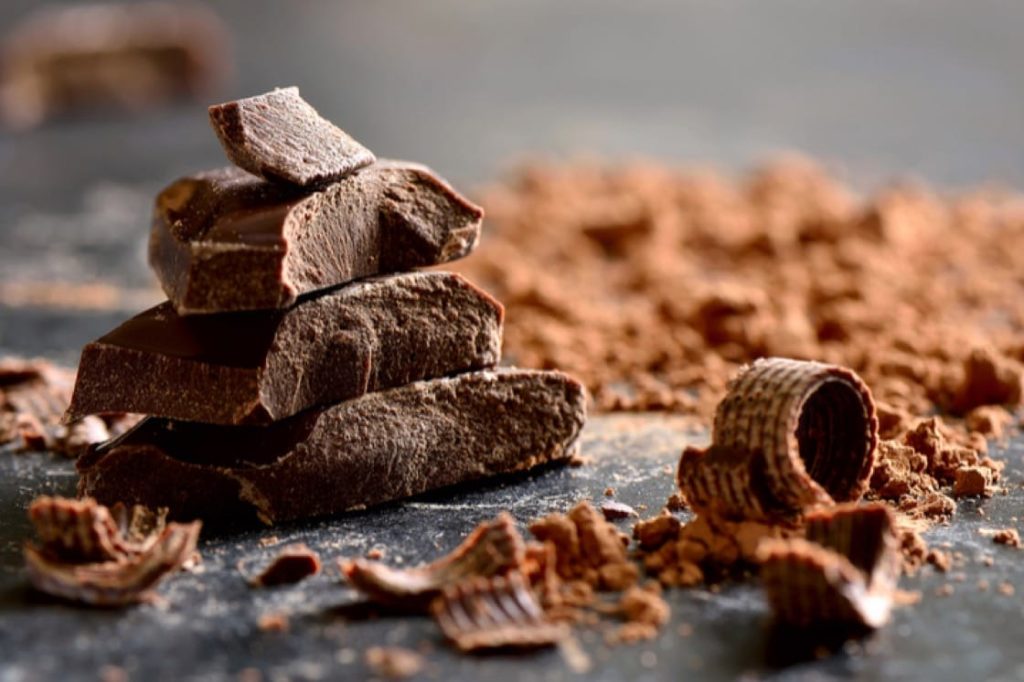
Breakfast cereals
Surely you don't like those last tablespoons of your morning cereal, those flakes that have already absorbed too much milk. Well, for this same reason, you should never keep the cereal in the fridge: cold and humidity affect texture, and it is likely that it also absorbs other flavors. Therefore, the best way to store the cereal is in hermetic containers in the pantry, or simply making sure to close the bag inside its box.
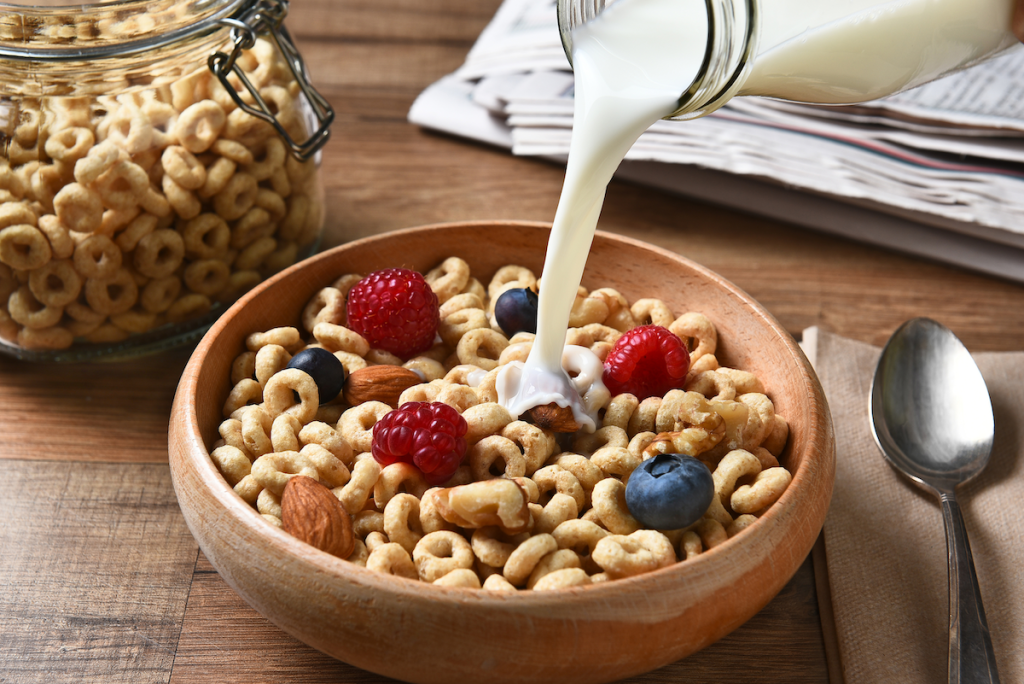
Spices
If you want your spices to maintain their smell and flavor as long as possible, you must make sure to keep the moisture away, which is the one that causes the appearance of mold or bacteria. This implies so not to put wet utensils in the spices containers as not saving them in the refrigerator. The best way to save the spices is in ceramic jars, but since they are not easy to get, most people leave them in their original packaging or pass them to glass containers. This is fine; You just have to make sure to keep them in a cool place and away from sunlight and the heat of the stove.
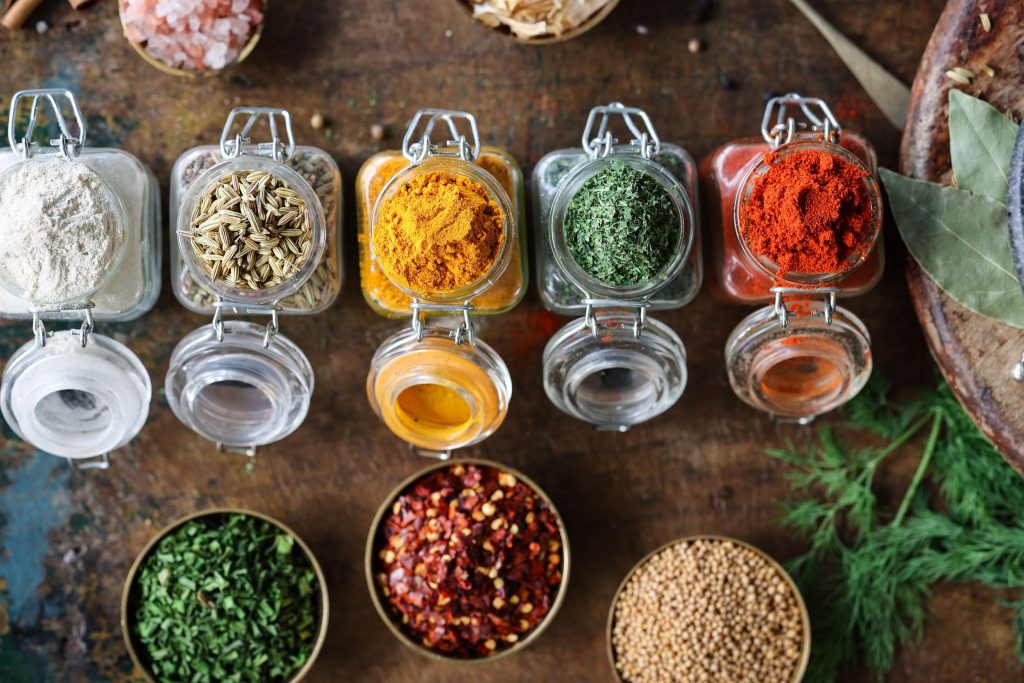
Bananas
Bananas, bananas, guineos or Cambures are a fruit that should always be stored outdoors and at room temperature, since the cold accelerates the darkening process and also affects its texture, which can be a problem especially with children. Ideally, if you have access to one, it is to acquire a base with hooks to hang the bananas, but you can also dedicate a basket for them that you will place in your inn, far from the stove and other fruits.
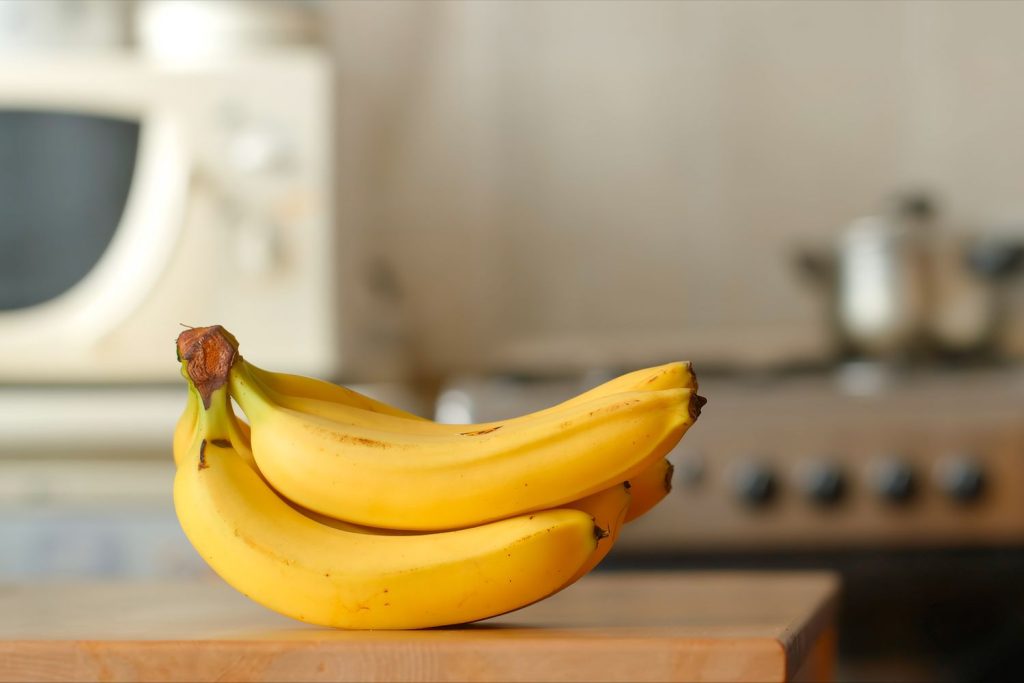
Bread
To make sure you have fresh bread, avoid keeping it in the fridge, because cold and humidity will make your texture and quality change too much. If you are going to consume it the same day you bought or prepared it, leave it outdoors and at room temperature. If not, keep it in a special box or container for bread, or in a paper bag. And if you wonder what happens to the trick of freezing the bread and then toasting it to reduce the glycemic index, because there will be the detail: it is about freezing it, not to keep it in the refrigerator.
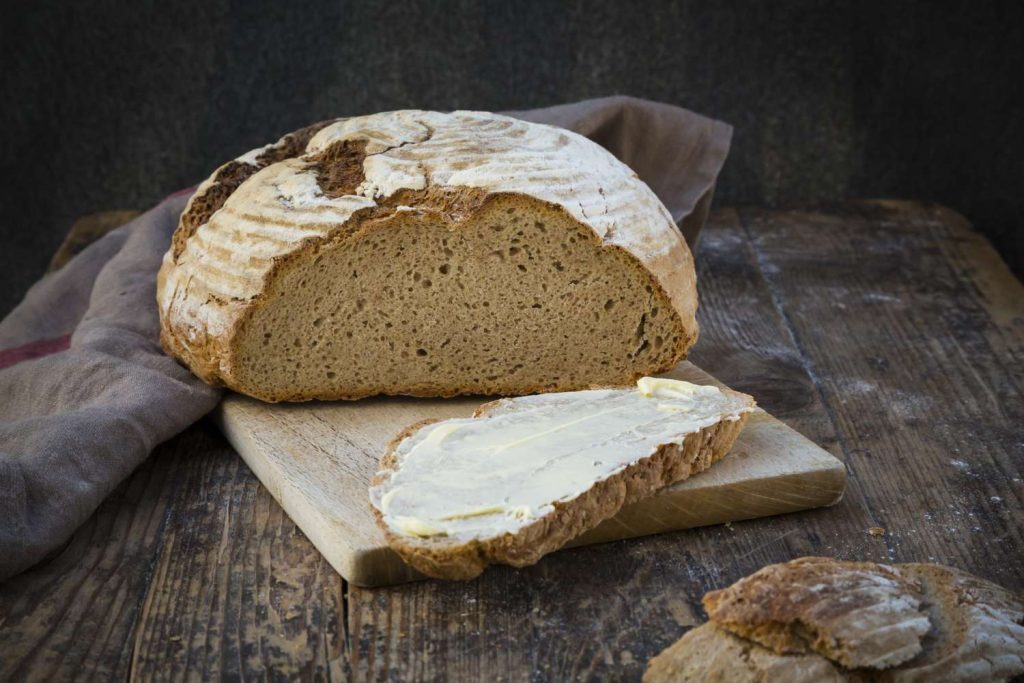
Garlic
Although it is common for people to keep the whole garlic bulbs in the fridge, it is not ideal, because humidity and cold make mold develop faster than normal between the teeth, which can affect the taste and texture of this important ingredient in the kitchen. It is advisable to save it in a cool and dry place of your cupboard or pantry, preferably in a separate basket or container.
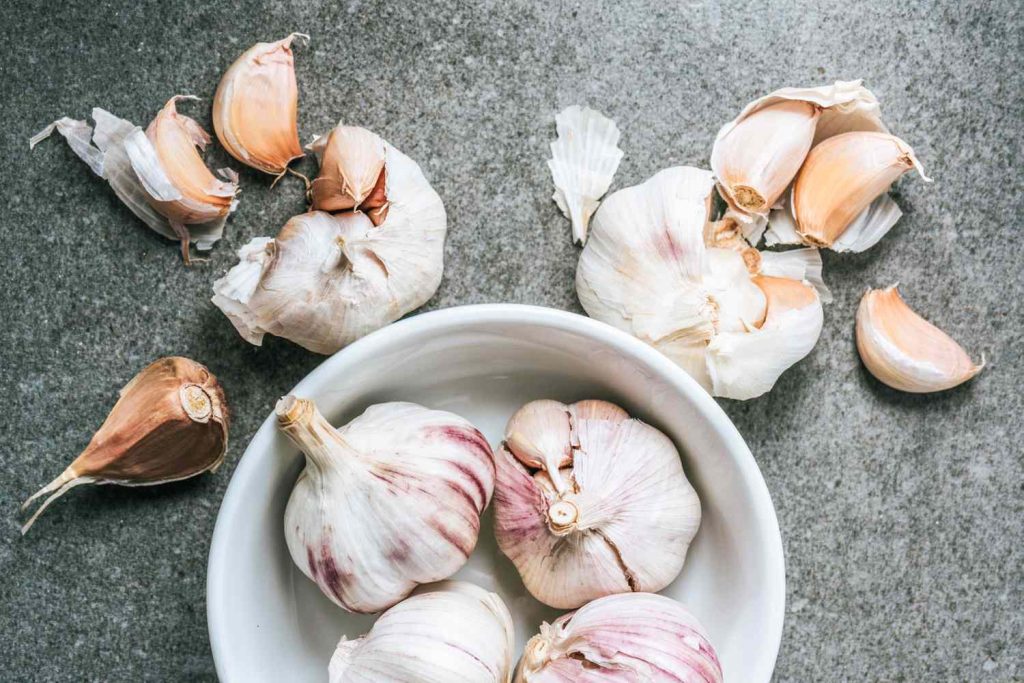
Apples and pears
This can be confusing because some supermarkets have apples and pears on refrigerated shelves, but the truth is that saving them in the fridge affects their composition, which you will notice in texture and juiciness, and sometimes in the color of the peel. So if you want them to stay fresh and crispy, you can leave them in a basket or fruit bowl in the countertop, at room temperature, for up to a week. After that time, it will be advisable to refrigerate them.
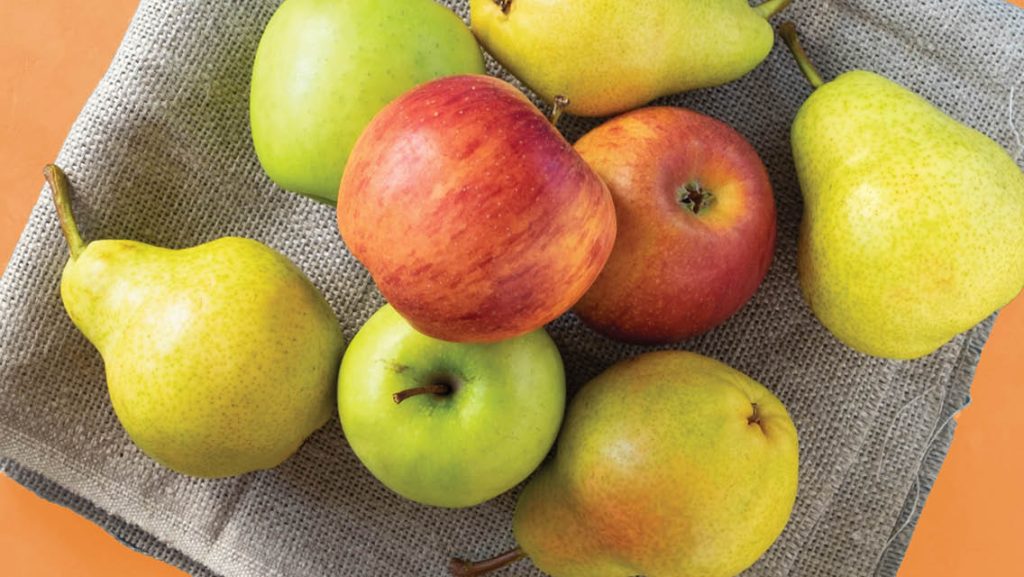
Oils
In general, the only oils that are not affected by their quality by solidification by being refrigerated are those of coconut and nuts, such as peanut or sesame, because they are not refined mostly and keeping them in the fridge rather helps to keep them better. But the rest of the oils, including Oliva's, is preferable to keep them at room temperature, because they do not support temperature changes so well.
